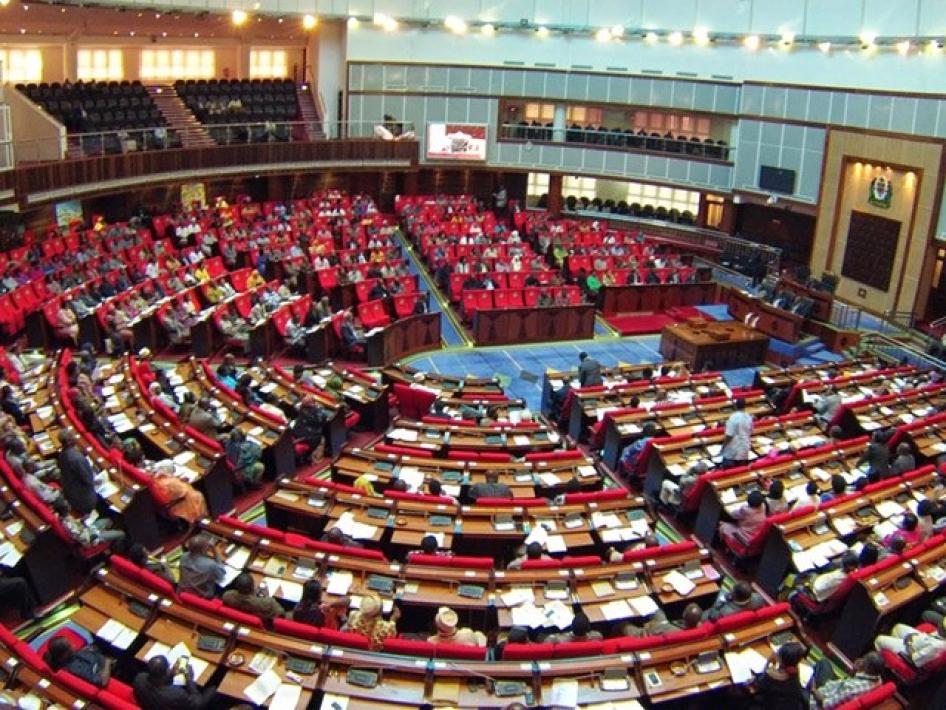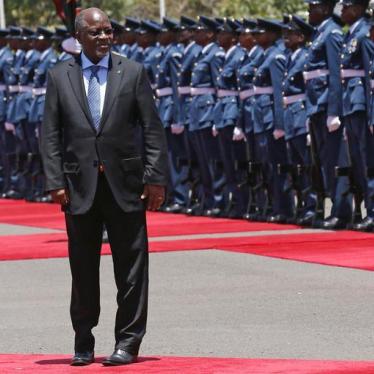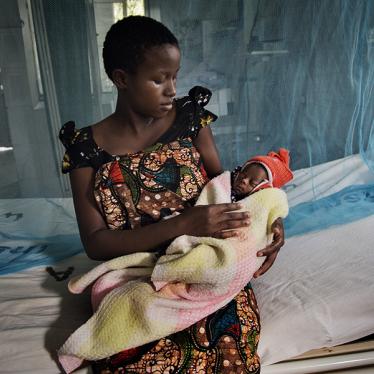Tanzania’s parliament has fast-tracked a legal amendment that threatens to severely restrict the capacity of independent rights groups to challenge laws, practices, or policies they believe violate fundamental human rights.
On June 10, Parliament amended the Basic Rights and Duties Enforcement Act to narrow the criteria for legal standing to challenge a law or policy that allegedly violates the constitution’s bill of rights. In the future, anyone wanting to bring a legal case has to establish how a violation has “affected them personally.” This could preclude groups from filing cases on behalf of victims, as they can now, that raise important public interest issues, unless they can show they too are direct victims. Parliament allowed only 48 hours for public submissions on the law.
In Tanzania, public interest litigation has been an essential remedy for rights groups to challenge overly restrictive laws. In 2016, Msichana Initiative, an organization advocating for girls’ right to education in Tanzania, challenged the Marriage Act of 1971, which set the minimum marriage age for girls at 15 with parental consent, 18 for boys, and permitted marriage of 14-year-old children. In 2016, the High Court ruled these provisions unconstitutional and last year, the Court of Appeal upheld this decision.
Civil society activists in Tanzania fear the new amendments will prevent these kinds of cases and impede access to justice for victims.
“The last three years [have seen] a growing culture of violation of the constitution … but with these amendments, we are less likely to see people using the courts of law,” said Deus Valentine Rweyemamu, a founder of the Zanzibar-based Center for Strategic Litigation.
Since President John Magufuli came to power in 2015, the government has cracked down on civic space by passing and enforcing restrictive laws and threatening to deregister nongovernmental organizations (NGOs) critical of the government. The government also limited rights victims’ access to redress when in 2019, it informed the African Court on Human and Peoples’ Rights that it intended to withdraw the right of individuals and NGOs to file cases directly against Tanzania. This move is yet another constraint on holding government to account.
Tanzania’s constitution guarantees the public a right to challenge violations of fundamental human rights as a matter of public interest. As the country gears up for elections in October, the government should be protecting rights and freedoms, including the right to redress for rights violations, instead of limiting them.









